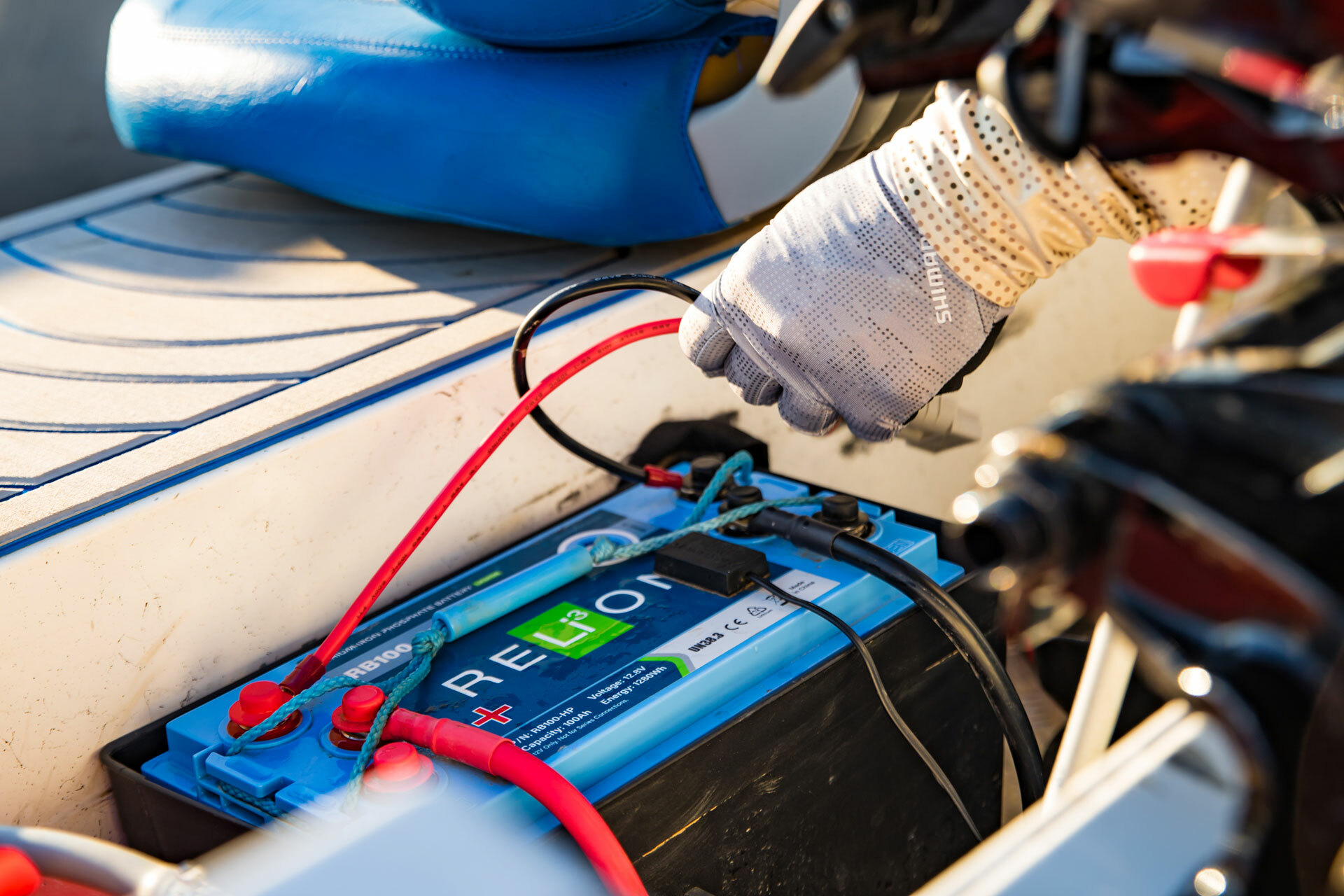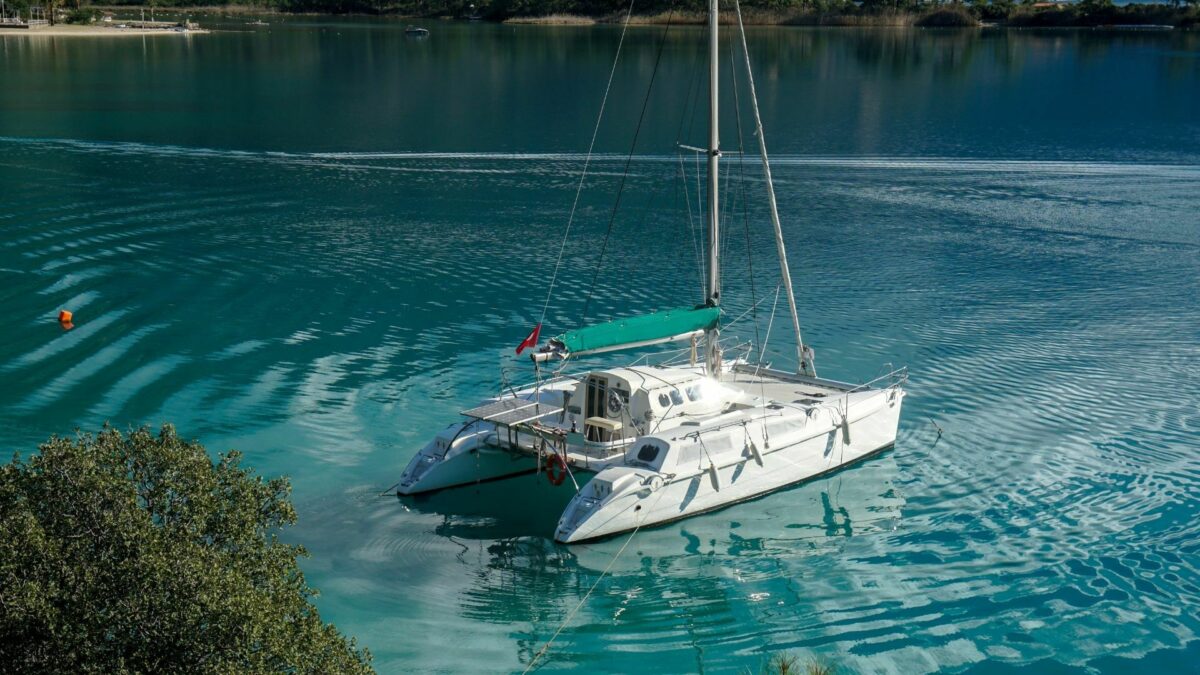The marine industry has witnessed a significant shift in recent years with the adoption of advanced energy storage solutions, particularly lithium batteries. Lithium batteries offer numerous advantages over traditional lead-acid batteries, including higher energy density, lighter weight, and longer cycle life. However, certain types of lithium batteries can pose specific challenges, especially in marine environments. To address these concerns and ensure the safety and reliability of lithium batteries in boats, the American Boat and Yacht Council (ABYC) has established standards, notably ABYC E-13. Below we cover the key components of ABYC E-13, why it’s important for lithium batteries, and how you can ensure your battery meets these standards.
Key Components of ABYC E-13 Standards
1. Installation Requirements
ABYC E-13 provides guidelines for the proper installation of lithium batteries on boats, ensuring that they are securely mounted to prevent movement during operation and withstand the rigors of the marine environment. The standards specify the need for ventilation to dissipate heat generated during charging and discharging cycles, preventing the risk of thermal runaway.
2. Charging Systems
ABYC E-13 outlines requirements for charging systems to ensure compatibility with lithium batteries. This includes appropriate voltage levels, charging algorithms, and temperature compensation features to optimize the charging process and extend battery life.
3. Battery Management Systems (BMS)
The standards emphasize the importance of a robust Battery Management System (BMS) for lithium batteries. A BMS is crucial for monitoring individual cell voltages, balancing cell capacities, and protecting against overcharging or over-discharging, thereby enhancing the overall safety and performance of the battery.

4. Overcurrent Protection
ABYC E-13 addresses overcurrent protection to prevent excessive current flow that could lead to damage or thermal events. Proper fusing and circuit protection devices are mandated to safeguard the entire electrical system.
5. Temperature Management
Temperature control is critical for the safety and performance of lithium batteries. ABYC E-13 establishes guidelines for thermal management to ensure that batteries operate within safe temperature limits. This includes provisions for installing temperature sensors and implementing cooling systems as needed.
Ensuring Your Batteries are ABYC E-13 Compliant
When it comes to ABYC E-13 installation requirements, you should always be sure to adhere to your battery manufacturer’s installation guidance, which is specifically outlined in ABYC 13.5.2. Mounting options and secure installation are essential components of ABYC E-13, and lithium batteries such as RELiON’s can be installed with a multitude of reliable mounting options to cater to different marine setups. Due to their batteries’ installation flexibility and compact and lightweight design, RELiON batteries have been installed in a wide range of marine environments in compliance with ABYC E-13.
Another important factor to consider is the chemistry of your lithium battery. ABYC E-13 outlines numerous guidelines to prevent thermal runaway and fires from occurring. Fortunately, if you are using a battery from a manufacturer such as RELiON, your battery utilizes the safest, most environmentally benign lithium battery chemistry: lithium iron phosphate (LiFePO4 or LFP). Unlike lithium cobalt-based battery chemistries like NCA, LCO and NMC, LiFePo4 batteries are not prone to thermal runaway due to strong covalent bonds. LiFePo4 batteries are the most thermally and chemically stable lithium batteries available.
Additionally, if you are using a RELiON lithium battery, you can rest assured that your battery comes with a BMS built in, as required by ABYC E-13. The BMS is essential to prevent overcharging or over-discharging, which will protect the battery as well as extend its usable life. RELiON batteries are also engineered to work seamlessly with standard marine charging systems, also required by the standards.
As long as your battery meets ABYC E-13 standards, you will not have any problem obtaining boat insurance. If you have any questions about these standards or how you can ensure your battery is compliant, contact an expert at RELiON.
